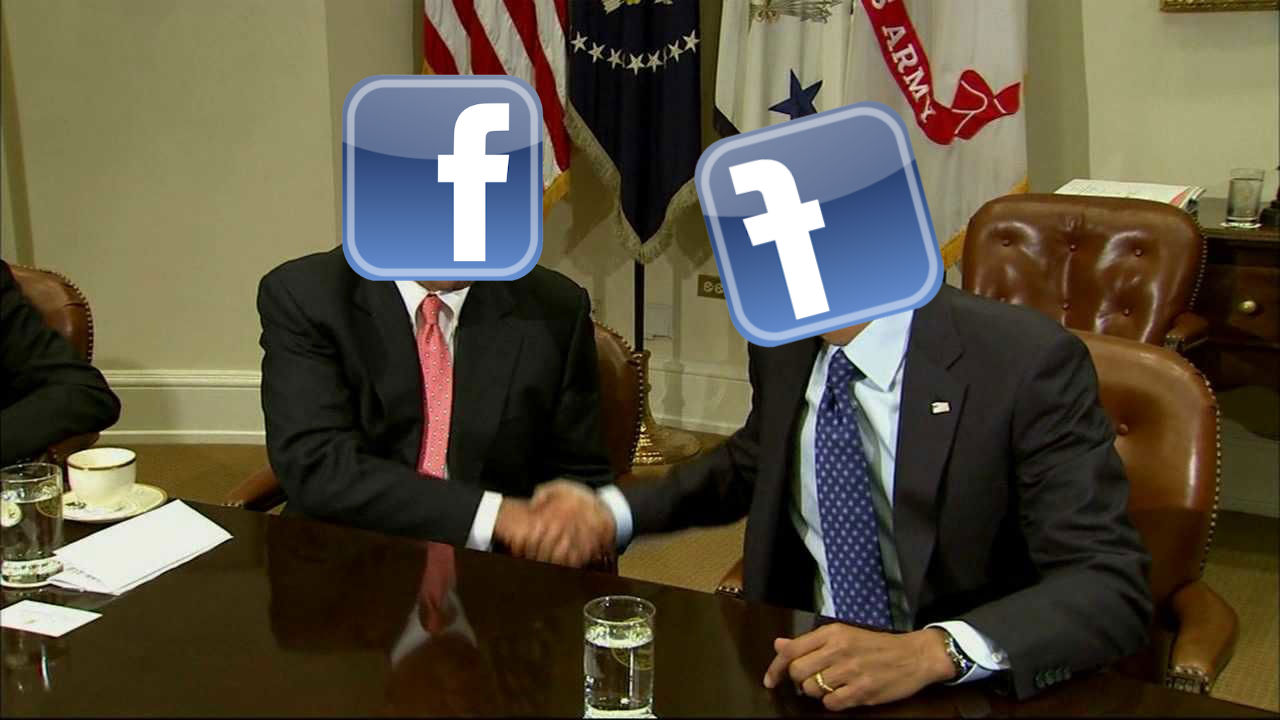A new study from Georgia Tech on the intersection of politics and social media confirms what any casual Facebooker already knows to be true: it sucks when your friends post about politics, and it sucks even more when their politics differ from yours. The researchers, led by Catherine Grevet, found that people who believe most of their friends have different opinions from theirs are less likely to go on Facebook, and that those who do use the social network as a political forum “tend to stick in their own circles, ignore those on the other side and become more polarized,” according to PhysOrg.
PhysOrg breaks down the study’s nuts and bolts:
The study surveyed more than 100 politically active Facebook users in the spring of 2013 amid debates about budgets cuts, gay marriage and gun control regulations. The majority of participants were liberal, female and under the age of 40, mirroring the traditional Facebook user. More than 70 percent said they don’t talk about politics with their friends with different opinions. When they saw something they didn’t agree with, 60 percent said they ignored it and didn’t comment. When they did, sometimes it made the person question the relationship and disassociate and from the friend.
Grevet believes that by encouraging you to interact with people with different viewpoints, and highlighting the things you do have in common, Facebook could improve your relationships with your Republican and/or Democrat friends. “Designing social media toward nudging users to strengthen relationships with weak ties with different viewpoints could have beneficial consequences for the platform, users and society,” she said.
Politicking on Facebook: don’t do it. That’s what Twitter is for.


